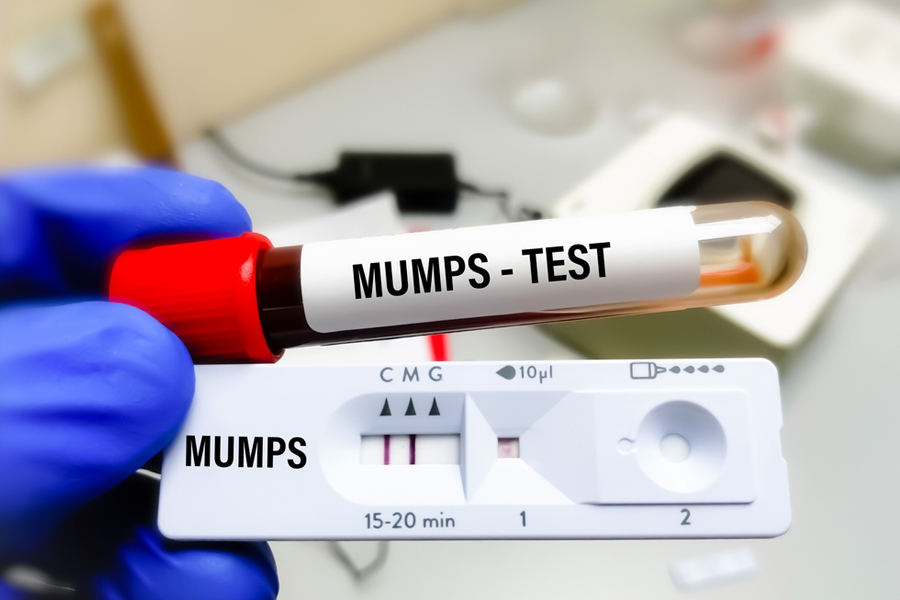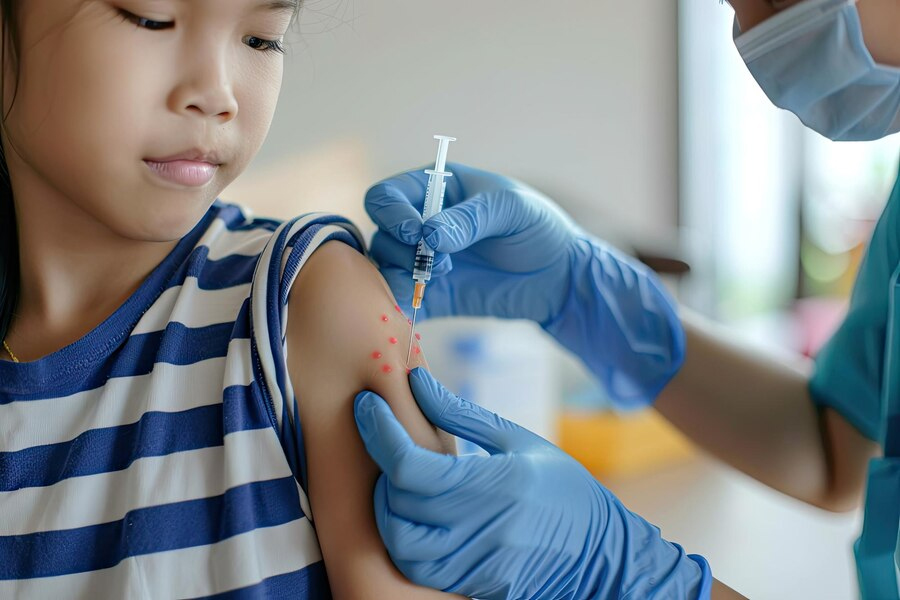
Mumps is a highly contagious viral disease that leads to symptoms such as fever, headaches, muscle pain, and loss of appetite. However, one of the striking features of the condition is swelling in the front of the neck, also called salivary glands, or right in front of the ears, known as parotid glands.
Table of Content:-
When it comes to mumps, a common question people ask is whether you can get it twice, meaning if you have already had the condition when you were young, can you still get it as an adult or at any other point in time? We asked Dr Tharanath S, Consultant Physician and Infectious Diseases Specialist, SPARSH Hospital, Yelahanka, Bengaluru, to shed light on the same and to share whether the disease can be prevented.
Also Read: Swelling Of Salivary Glands? Expert Explains Mumps, Its Symptoms And How To Prevent It
How Does Mumps Spread And Who Is Most At Risk?

According to StatPearls Publishing, mumps is endemic worldwide, meaning the virus is constantly present around the world; however, epidemic outbreaks occur every few years (roughly every five years) in places where people don't get vaccinated.
Mumps usually spread from person to person through direct contact with respiratory droplets or saliva of an infected person.
According to the US Centers for Disease Control and Prevention (CDC), while there are vaccinations to prevent the disease, outbreaks still occur among groups of people who have prolonged, close contact, such as sharing water bottles or cups, kissing, practising sports together, or living in close quarters with a person who has mumps.
Dr Tharanath says, “Mumps primarily affect children of school-going age groups (5–10), but even adults can get infected.”
Can You Get Mumps Twice?

When it comes to reinfection with mumps, Dr Tharanath says it’s very rare.
Generally, having mumps once confers lifelong immunity, according to the expert.
However, if a person has never been clinically diagnosed with mumps, they should definitely receive a vaccination, according to the doctor.
In fact, the introduction of the mumps vaccine in 1967 led to a 99.8% decrease in documented cases in the United States by 2001, according to research.
Also Read: Mumps Outbreak Grips Kerala: Here’s Everything To Know About The Condition
There are currently two vaccines that can help prevent mumps: the MMR vaccine and the MMRV vaccine.
The MMR vaccine protects children and adults from mumps, measles, and rubella, whereas the MMRV vaccine protects children from mumps, measles, rubella, and chickenpox.
Mumps Management Tips

While the most effective way to prevent mumps is through vaccination, good hygiene practices, and avoiding social gatherings or school if infected, management of mumps focuses on symptomatic treatment for fever and pain, good hydration, watching out for complications, and universal immunisation, according to Dr Tharanath.
He says, "It's crucial to stay hydrated and avoid acidic foods that can irritate swollen salivary glands. Additionally, practising good hygiene, such as frequent handwashing, can prevent the spread of the virus."
Also watch this video
How we keep this article up to date:
We work with experts and keep a close eye on the latest in health and wellness. Whenever there is a new research or helpful information, we update our articles with accurate and useful advice.
Current Version
